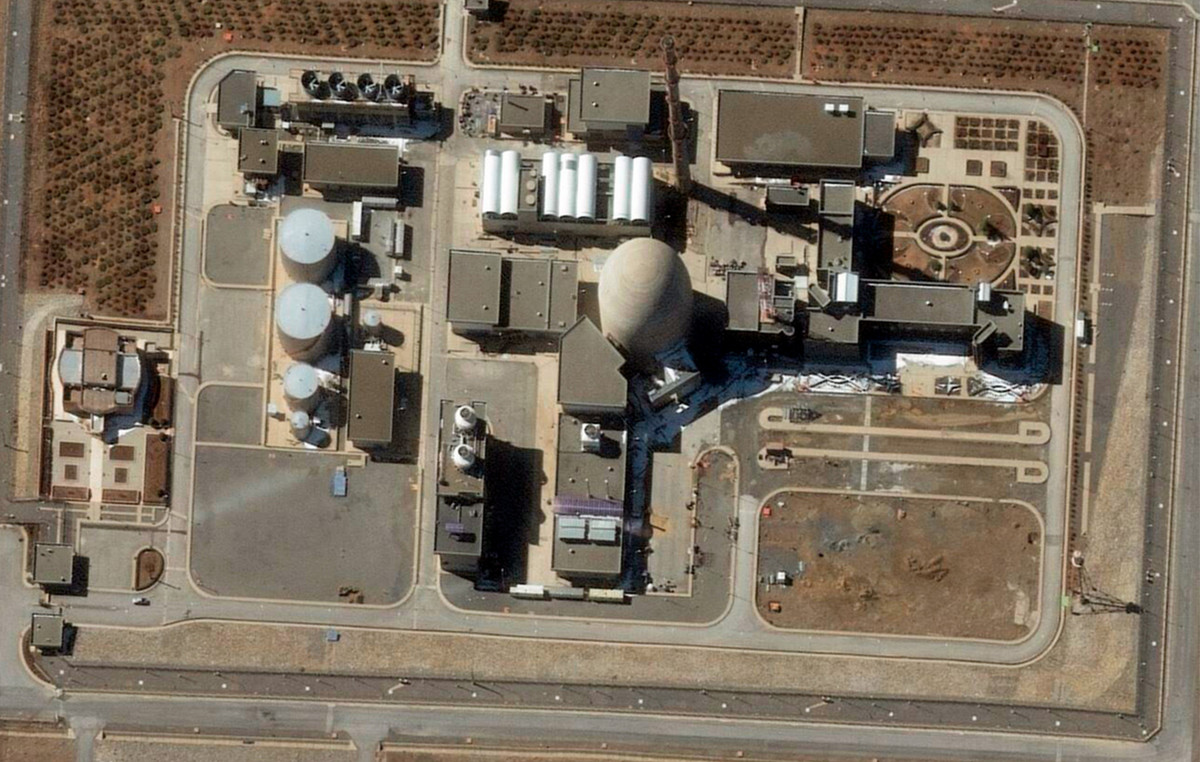Since all crypto wallets are legally linked to bank accounts with a “real name”, verified social security number and mobile phone number, officials were able to identify 5,208 crypto investors who did not pay taxes but owned cryptocurrency. City officials said they decided to “issue an ultimatum to violators and actively collect overdue taxes” by “confiscating and selling” digital assets belonging to these individuals.
“The value of virtual assets owned by local drug evaders has increased sharply, and the overdue debt to the city has reached more than $12 million. Authorities are investigating the activities of 5,200 citizens who, according to tax authorities, are maliciously hiding from the tax authorities, but at the same time own digital assets on such exchanges, like Bithumb, Upbit, Korbit and Coinone,” tax department sources told the Kyongbuk Maeil Shinmun daily.
The Pohang City Tax Administration Office said the unprecedented move was part of the “2024 Local Tax Debt Collection Comprehensive Plan” formed based on the results of the 2023 tax campaign. Officials claim that due to close attention to the activities of crypto investors in 2023, South Korean tax authorities managed to obtain an additional volume of tax revenues in the amount of about $29 million.
Earlier, the Department of Tax Justice of the South Korean province of Gyeonggi reported on the successful testing of a system for intelligent tracking of cryptocurrency transactions and identifying tax evaders. The new debt control system is built on end-to-end tracking of citizens' registration data and identifying their likely connection with transactions in the digital asset market.
Source: Bits
I am an experienced journalist, writer, and editor with a passion for finance and business news. I have been working in the journalism field for over 6 years, covering a variety of topics from finance to technology. As an author at World Stock Market, I specialize in finance business-related topics.







